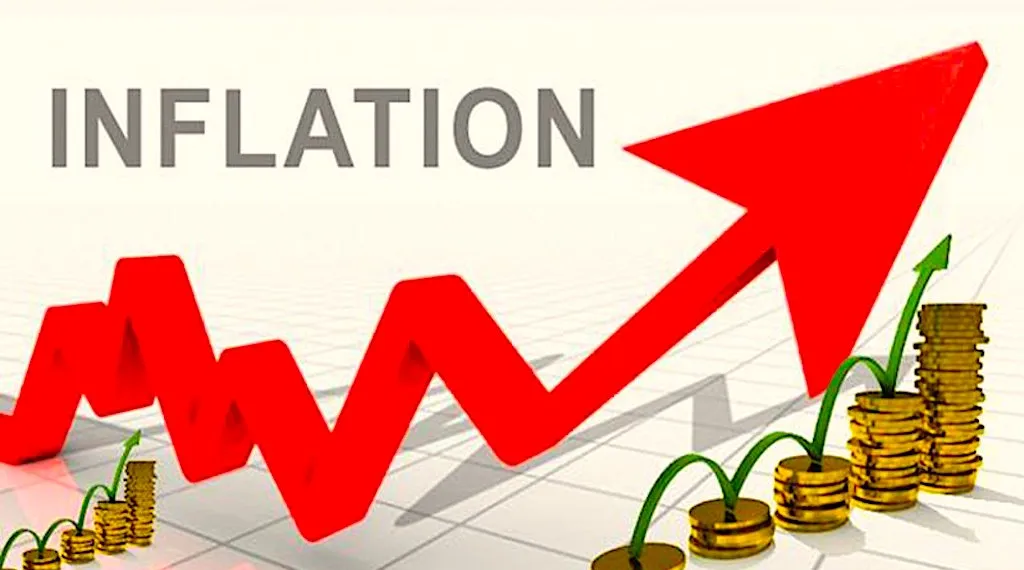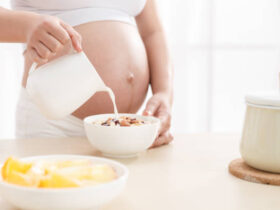Nigeria Grapples with Soaring Inflation, Food Prices Hit Hardest
Nigerians are facing a harsh economic reality as inflation reached a scorching 33.20% in March 2024. This marks a significant rise from the previous month’s 31.70% and a concerning jump compared to March 2023’s 22.04%.
The situation is particularly alarming when it comes to food. The cost of essential items is skyrocketing, with food inflation reaching a staggering 40.01% year-on-year in March.
This means Nigerians are paying significantly more for staples like bread, cereals, yams, fish, and cooking oil compared to last year.

These rising food prices are directly impacting the ability of many Nigerians to afford basic necessities. Household budgets are stretched thin, making it difficult to put food on the table.
The situation has deteriorated due to government policies such as the removal of fuel subsidies. The weakened purchasing power is causing hardship for many families across the country.
The Nigerian Naira has also seen its value plummet in recent times, reaching record lows in both official and unofficial markets. This is fueled by an increased demand for foreign exchange and a general surge in prices for goods and services.
To combat this economic strain, the Nigerian government has implemented measures aimed at safeguarding the country’s foreign exchange market and curbing speculative activities.
One recent effort involved the Central Bank of Nigeria selling $10,000 to each authorized currency exchange operator at a set rate.
There have been some signs of improvement, with the Naira experiencing appreciation in the official market. However, the overall inflation picture remains concerning. According to the National Bureau of Statistics, various categories of goods and services are contributing to the headline inflation.
These include food and non-alcoholic beverages (highest at 17.20%), housing and utilities (5.56%), clothing and footwear (2.54%), and transportation (2.16%).
The year-on-year change in consumer prices paints a worrying picture as well. The average Consumer Price Index (CPI) for the twelve months ending March 2024 is 27.13%, a significant increase compared to 20.37% recorded in March 2023.

This represents a 6.76% jump in inflation within a single year.
The National Bureau of Statistics report also delves deeper into the specific food items driving inflation. Price increases were observed for staples like garri, millet, yam, dried fish, palm oil, beef, and fruits.
While there was a slight month-on-month decrease in food inflation compared to February, the overall trend remains concerning. The average annual rate of food inflation for the past year sits at 31.40%, a substantial rise from 22.72% recorded in March 2023.
Nigeria’s economic situation requires close monitoring and decisive action. The government must address the factors contributing to inflation and food price hikes to alleviate the burden on its citizens.















Leave a Reply